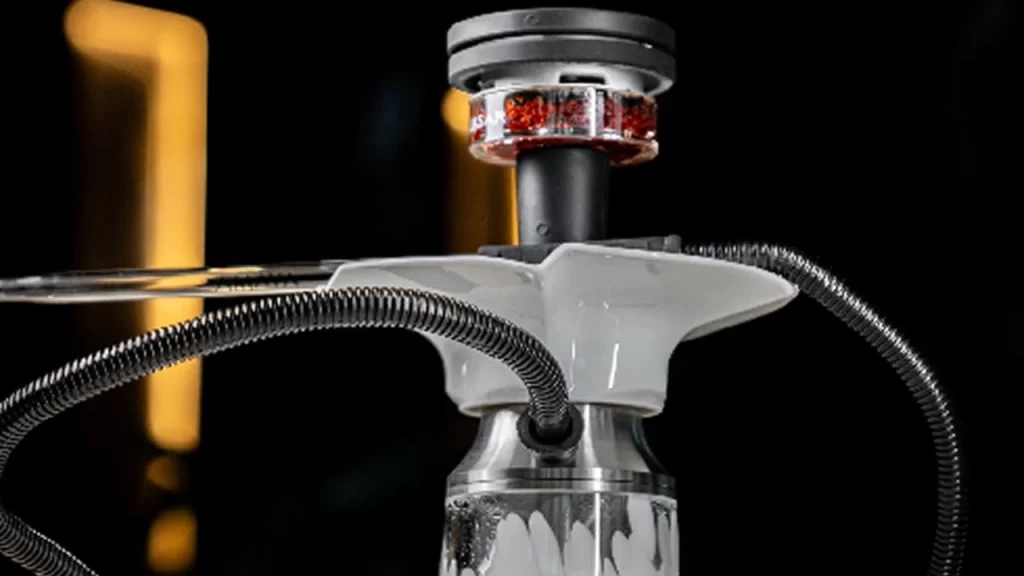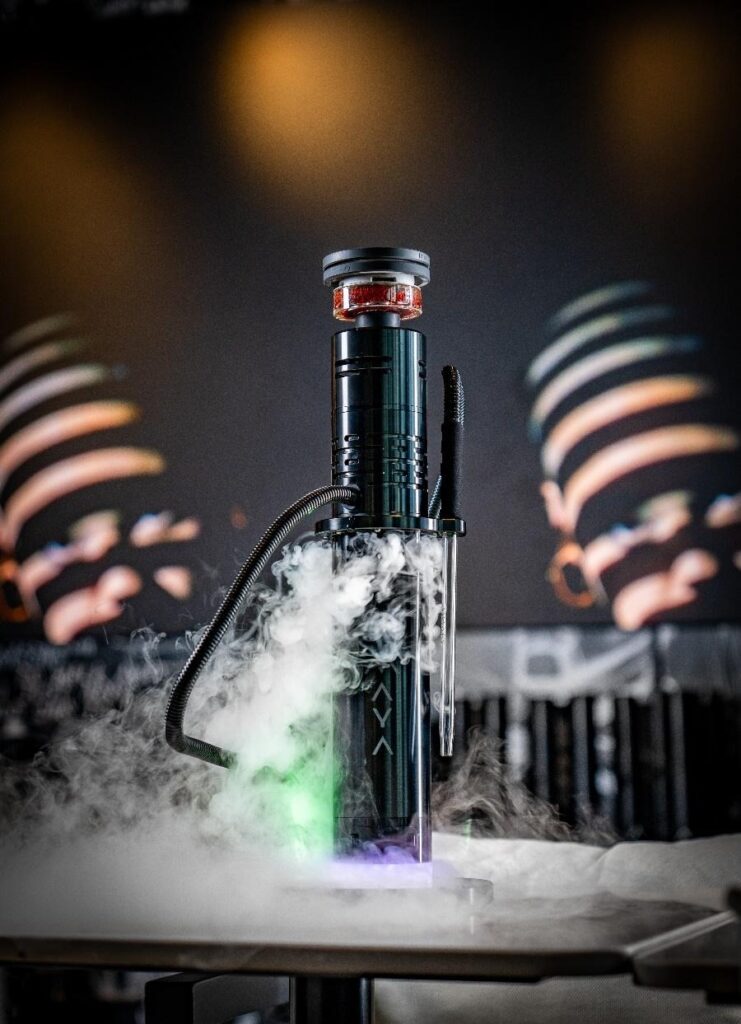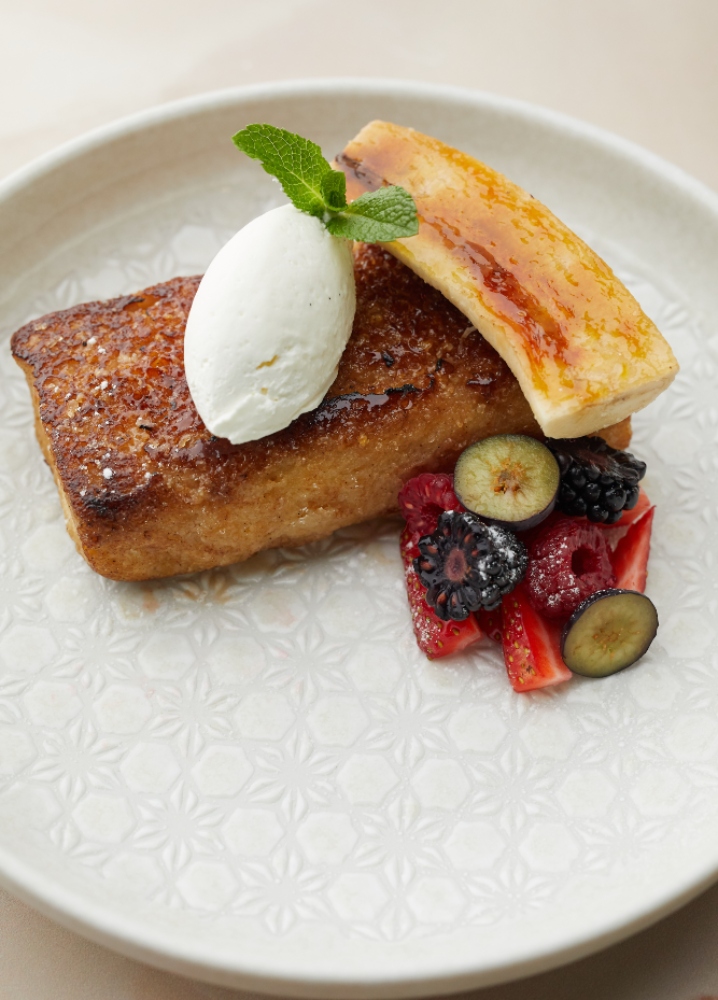At AMAYA, coffee aficionados are invited to slow down, savor the moment, and immerse themselves in the time-honored traditions of both Turkish and Arabic coffee, each offering a unique cultural significance, all while taking in the breathtaking fountain view.
This guide will lead you through the key differences in coffee preparation and flavor profiles, helping you appreciate the distinct rituals rooted in Yemen and beyond. Whether you’re experienced or simply curious, discover how these specialty coffees showcase their rich histories and elevate your AMAYA premium non-alcoholic beverage experience.
Key Takeaways:
- Turkish coffee and Arabic coffee have different preparation methods and ingredients, resulting in distinct flavor profiles and aromas.
- Both coffees carry deep cultural significance: Turkish coffee is synonymous with hospitality, while Arabic coffee symbolizes respect.
- At AMAYA, you can reserve your tasting to experience both Turkish and Arabic coffee, along with their variations, and learn about their historical and modern contexts.
What is Turkish Coffee?
Turkish coffee is a traditional drink known for its strong flavor and distinctive preparation method. It uses very finely ground coffee beans brewed in a special pot called a Cezve, producing a full-bodied, velvety brew that invites you to return again and again.
Preparation Method and Ingredients
To make Turkish coffee, mix finely ground coffee with water and, if desired, sugar in a Cezve. Heat it slowly to create a strong, fragrant drink.
To prepare the perfect cup, start by measuring 50 ml of cold water per serving. Next, mix in 1–2 teaspoons of finely ground coffee, adjusting to taste. Add sugar sparingly—traditional Turkish coffee is often sweet—then heat over low heat until frothy, taking care not to let it boil. Serve immediately in small cups to savor its rich aroma and taste.
What is Arabic Coffee?
Arabic coffee is beloved for its light roast and aromatic cardamom infusion. Shared at gatherings, it showcases timeless cultural customs and invites meaningful conversation.
Preparation Method and Ingredients
- Start with lightly roasted coffee beans for a smooth, delicate base.
- Boil water in a Dallah, ensuring the kettle is clean for a pure flavor.
- Add 1–2 teaspoons of coffee per cup and a pinch of crushed cardamom to enhance the aroma.
- Simmer for about 10 minutes, allowing the flavors to meld into a fragrant brew.
- Serve in small cups, encouraging guests to pause, savor each sip, and connect in warm hospitality.
How Do Turkish and Arabic Coffee Differ in Taste?
The flavors of Turkish and Arabic coffee diverge sharply based on their preparation and ingredients, offering two distinct experiences for coffee enthusiasts.
Flavor Profiles and Aroma
Turkish coffee delivers a bold, thick profile, while Arabic coffee offers a lighter, floral note from the cardamom. To truly appreciate these nuances, host a home tasting session: prepare Turkish coffee in a cezve—traditionally boiled twice for depth—and Arabic coffee infused with cardamom. Serve side by side with dates to balance flavors and engage the senses.
What Are the Cultural Significances of Each Coffee?
In both Turkey and the Arab world, coffee is more than a beverage—it’s a symbol of community and connection.
Traditions and Rituals
Turkish coffee rituals include reading coffee grounds for fortune-telling, while Arabic coffee is served in gatherings as a gesture of respect and hospitality. At Turkish weddings, the bride presents coffee to her future in-laws, demonstrating her dedication. In Arabic culture, each pour is met with the phrase “la shukran” (no thanks), signaling a host’s honor in serving.
How Are Turkish and Arabic Coffees Served?
Serving styles further distinguish these coffees, with unique cups and accompaniments that enhance the tasting journey.
Cups and Accompaniments
Turkish coffee is presented in ornate demitasse cups alongside Turkish delight, highlighting its rich, velvety texture. Arabic coffee, served in handleless finjan cups, is paired with dates for a sweet contrast. These pairings elevate the experience, inviting guests to linger over each moment.
What Are the Health Benefits of Each Type of Coffee?
Both Turkish and Arabic coffees offer health benefits, from antioxidants to mental focus.
Turkish coffee’s slow brew process yields higher caffeine and antioxidant levels, supporting metabolic health and cognitive function. Arabic coffee, often brewed with cardamom, aids digestion and may reduce inflammation. Incorporating these coffees into a balanced diet lets you savor tradition while embracing wellness.
What Are the Common Variations of Turkish Coffee?
Turkish coffee adapts to many tastes, with flavored and sweetened variations that respect tradition while adding flair.
Flavored and Sweetened Options
- For cardamom-infused coffee, add ¼ teaspoon of ground cardamom per serving for a fragrant touch.
- For warmth, stir in a pinch of ground cinnamon during brewing.
- Adjust sweetness with sugar, honey, or agave syrup—start with one teaspoon and increase gradually.
What Are the Common Variations of Arabic Coffee?
Arabic coffee varies by region, incorporating unique ingredients that reflect local tastes.
Regional Differences and Ingredients
In Emirati style, saffron lends a floral aroma and golden hue—simply add a few strands while brewing. Saudi coffee features robust cardamom notes; crush pods into the grounds for a balanced, spicy character. For the finest spices, source them from reputable local markets.
How Can You Experience Both Coffees at AMAYA?
The tasting sessions at AMAYA include guided experiences where you savor each brew, expertly paired with traditional sweets like baklava and Turkish delight. These sessions happen every Saturday afternoon and can be arranged for private events on weekdays, taking advantage of our late-night lounge ambiance.
Historical Context of Coffee in Turkey and the Arab World
Origins and Evolution of Coffee Culture
Coffee’s journey began in 15th-century Yemen and flourished in Ottoman coffeehouses, or qahveh khaneh, which became vibrant centers for music, poetry, and debate. In Istanbul, these houses hosted poets and philosophers, spreading coffee culture across Europe in the 17th century and inspiring iconic cafés like Café de Flore in Paris.
Current Trends: What Changes Are Happening in Turkish and Arabic Coffees?
Global Influence and Adaptations
Traditional brews are evolving worldwide—Turkish coffee now appears with vanilla and cardamom in Istanbul cafés, while Dubai baristas craft rose-infused Arabic coffee. Tools like Aeropress and siphon brewers bring new techniques to these age-old methods, inviting a contemporary audience to savor heritage.
Frequently Asked Questions
1. What is the difference between Turkish and Arabic coffee?
Turkish coffee is made by grinding beans to a powder and brewing in a cezve, resulting in a thick, foam-topped cup. Arabic coffee is brewed from lightly roasted beans with water and cardamom, yielding a lighter, aromatic drink.
2. Which countries are known for their Turkish and Arabic coffee?
Turkish coffee thrives in Turkey, Greece, and the Balkans, while Arabic coffee is a staple across Middle Eastern and North African countries such as Egypt, Saudi Arabia, and Morocco.
3. What are the main differences in taste and texture between Turkish and Arabic coffee?
Turkish coffee is intense and velvety; Arabic coffee is milder with spice notes like cardamom or saffron, offering a more delicate sweetness.
4. How are Turkish and Arabic coffee traditionally served?
Turkish coffee is served in ornate cups with a glass of water and sweet treats like Turkish delight. Arabic coffee is poured into finjan cups alongside dates or dried fruits, encouraging guests to pause and connect.
5. What is the significance of coffee in Turkish and Arabic cultures?
In both traditions, coffee signifies hospitality and friendship. Turkish coffee grounds reading is a cherished pastime, while Arabic coffee is integral to social gatherings and ceremonies.
6. Can you find both Turkish and Arabic coffee at the same location?
Yes, at AMAYA, you can experience both Turkish and Arabic traditions in one elegant setting. Reserve your tasting and journey through coffee history.







